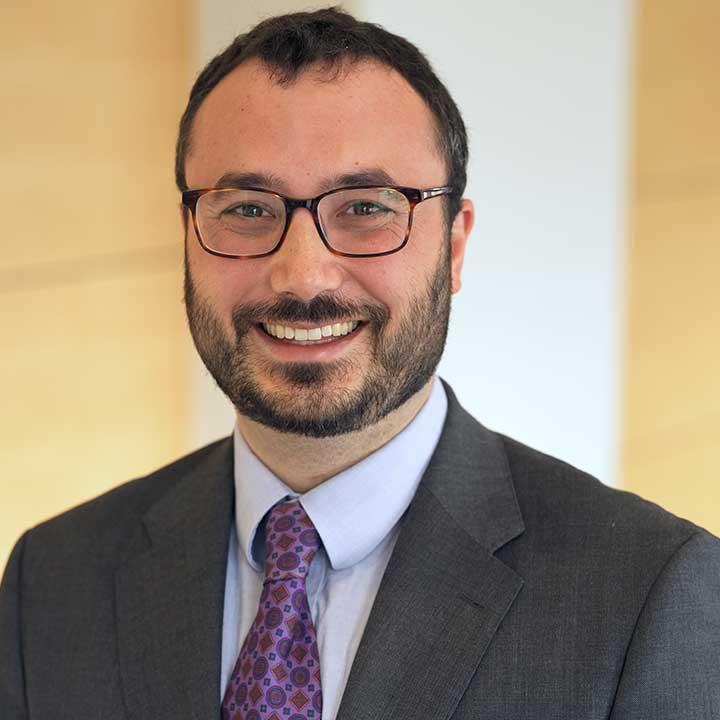
Gregory Antill
Biography
Professor Gregory Antill joined Haub Law’s faculty in 2025. His teaching and research interests include criminal law, tort law, and evidence, where he applies recent advances in philosophy and cognitive science to traditional legal questions about mens rea, culpability, causation, and expert testimony. His scholarship has been published or is forthcoming in The Yale Law Journal, The California Law Review, and The University of Chicago Law Review, among other publications.
Previously, Professor Antill was an Academic Fellow and Lecturer in Law at Columbia Law School. He has also held previous academic appointments at Yale University, Pomona College, and Claremont McKenna College. He holds a JD from Yale Law School and a PhD in Philosophy from UCLA, where he was an Andrew W. Mellon Fellow in Humanistic Studies.
Education
- BA, Brandeis University
- JD, Yale Law School
- PhD, UCLA
Selected Publications
View all of Professor Antill’s publications on SSRN.
Judicial Disagreement and the Role of Higher Order Evidence in Legal Reasoning, 93 University of Chicago Law Review ____ (forthcoming 2026)
Rethinking the Role of Intentional Wrongdoing in Criminal Law, 113 California Law Review ____ (forthcoming 2025)
Realizing the Americans with Abilities Act: Promoting Civil Rights & Capacities in The Service of Individuals with Brain Injury, 76 UC Law Journal ____ (forthcoming 2025) (co-authored)
”Rights, Reasons, and Culpability in Tort Law and Criminal Law,” in Rights in Criminal Law (Philipp-Alexander Hirsch & Elias Moser eds.) (2025)
Robots and Reactive Attitudes: A Defense of the Moral and Interpersonal Status of Non-Conscious Agents, AI and Ethics (2024)
Fitting the Model Penal Code Into a Reasons-Responsiveness Picture of Subjective Culpability, 131 Yale Law Journal 1346 (2022)
Designing an Americans With Abilities Act: Consciousness, Capabilities, and Civil Rights, 63 Boston College Law Review 1729 (2022) (co-authored)
Epistemic Freedom Revisited, 197 Synthese 793 (2020)
Agency, Akrasia, and the Normative Environment, 5 Journal of the American Philosophical Association 321 (2019)
Evidence and Self-Fulfilling Belief, 56 American Philosophical Quarterly 319 (2019)
Fellowships & Scholarships
- Visiting Fellow, Yale Law School Information Society Project, 2023–Present
- Yale Residential College Teaching Fellow, 2023
- Oscar M. Ruebhausen Academic Research Grant, 2022
- UCLA Collegium of University Teaching Fellows, 2015–2016
- UCLA Graduate Research Fellowship, 2012–2013; 2013–2014
- Andrew W. Mellon Fellowship in Humanistic Studies, 2009–2010
Honors & Awards
- Yale Law School Felix S. Cohen Prize In Legal Philosophy Award Recipient, 2023, 2022, and 2021
- UCLA Carnap Prize for Best Graduate Philosophy Article Award Recipient, 2016
Areas of Interest
Substantive Criminal Law, Evidence, Tort Law, Expert Testimony, Statutory Interpretation, Private Law Theory, Criminal Law Theory, Mens Rea, Homicide, Bioethics, Law & Philosophy, Law & Cognitive Science